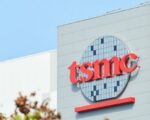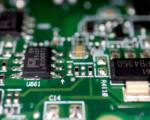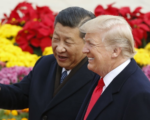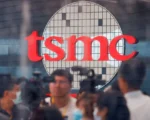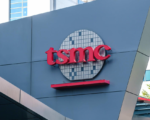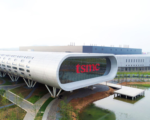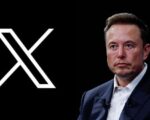TSMC Set to Expand Chip Manufacturing with New Plants in Europe, According to Taiwanese Official
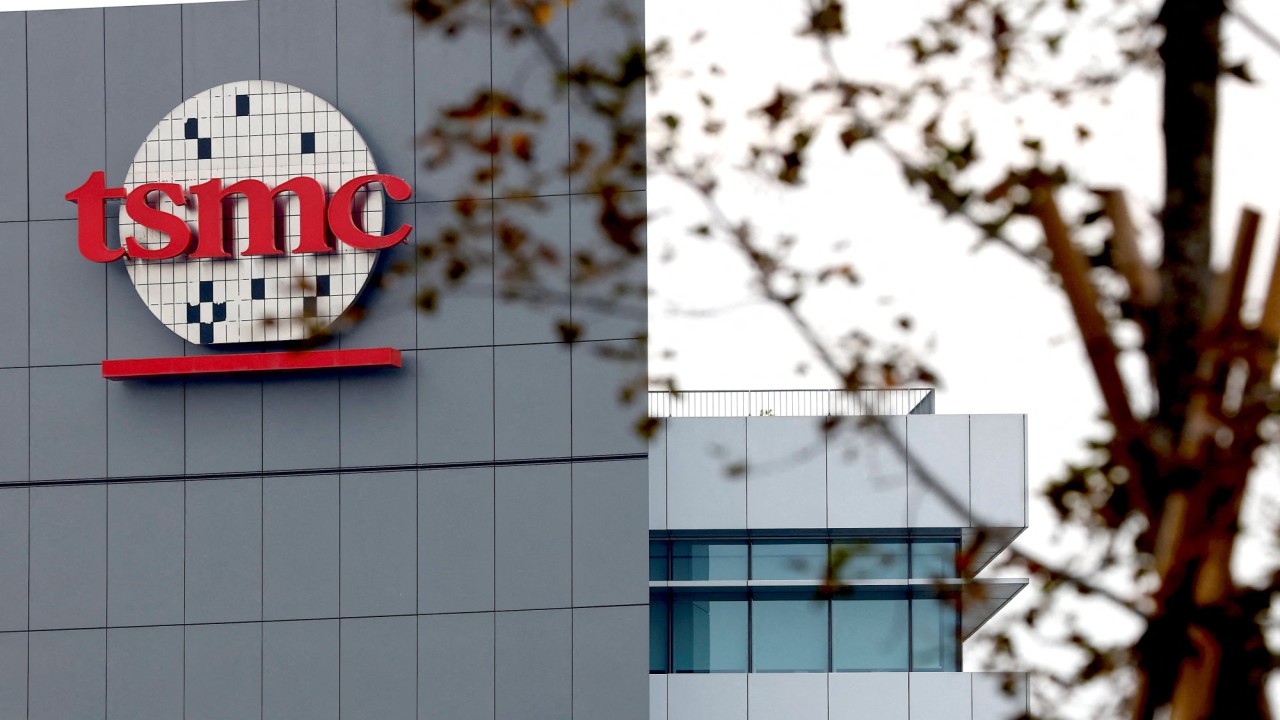
Taiwan Semiconductor Manufacturing Co. (TSMC) is gearing up to expand its manufacturing capabilities in Europe, particularly targeting the burgeoning market for Artificial Intelligence (AI) chips. This strategic move comes as TSMC seeks to broaden its global footprint amid rising demand for advanced semiconductor technologies. A senior official from Taiwan has confirmed these plans, underscoring the importance of the European market in TSMC’s future growth strategy.
In an interview with Bloomberg TV, Wu Cheng-wen, Taiwan’s Minister of the National Science and Technology Council, disclosed that TSMC has already initiated construction of its first semiconductor fabrication plant (fab) in Dresden, Germany. He noted that the company is actively planning additional fabs for various market sectors beyond just AI, indicating a comprehensive approach to meet diverse industry needs. This expansion aligns with Europe’s ambitions to bolster its semiconductor manufacturing capabilities, reducing dependency on external suppliers.
While Wu provided insights into TSMC’s plans, he did not specify a timeline for the further expansion of the company’s facilities in Europe. This lack of a concrete schedule leaves questions about when these additional fabs will come online. In response to inquiries regarding its future plans, TSMC issued a statement indicating that it remains focused on its current global expansion projects. The company emphasized that, at this time, there are no new investment plans announced beyond what is already underway.
The expansion into Europe reflects a broader trend in the semiconductor industry as companies aim to enhance local production capabilities in response to global supply chain disruptions and increasing demand for chips. As the AI market continues to grow, TSMC’s strategic investments in European manufacturing are expected to position the company favorably to cater to the evolving technological landscape. This move not only strengthens TSMC’s competitive edge but also supports Europe’s goals of establishing a more resilient and self-sufficient semiconductor supply chain.






